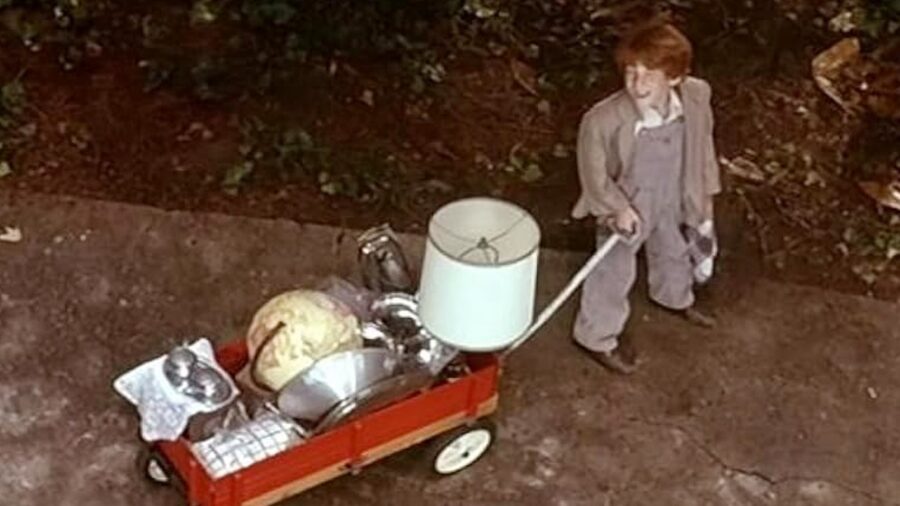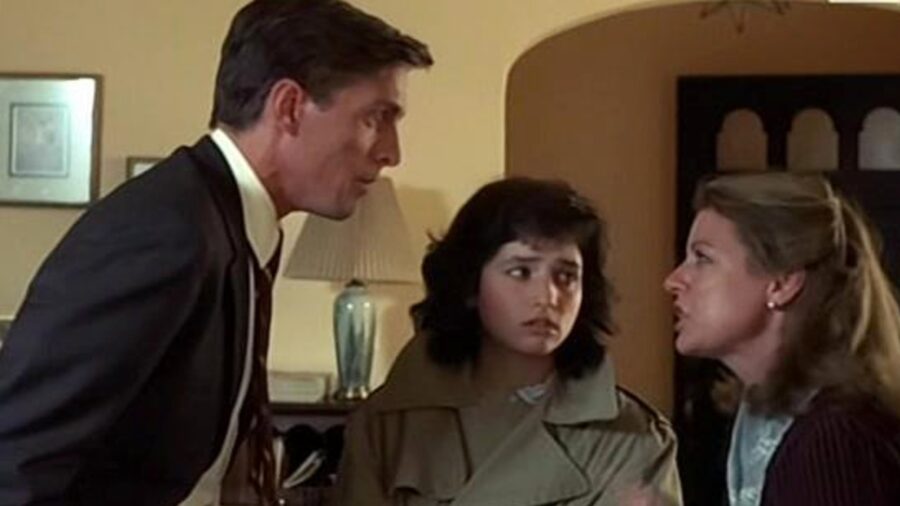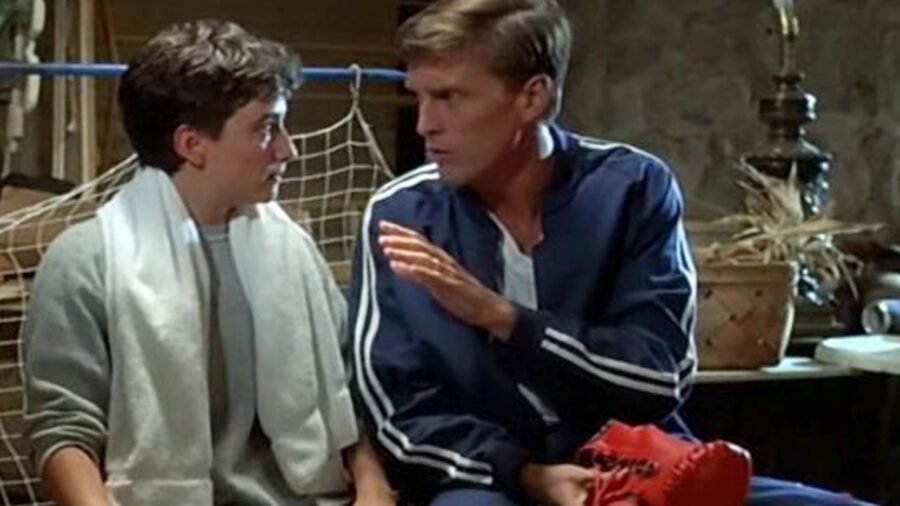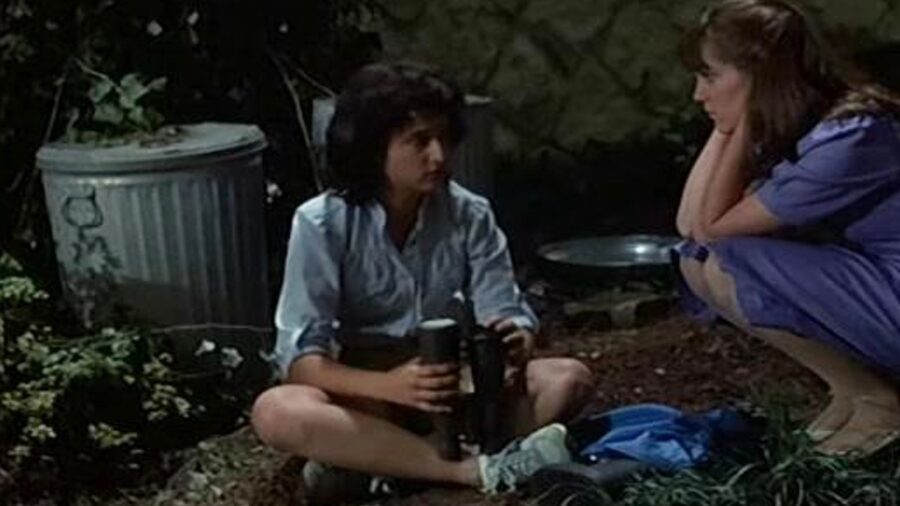By Robert Scucci | Published

Have you ever seen a fantastic 80s teen romantic comedy film that is as problematic as it is progressive? Well, if not, you need to take a look at 1986. Willy Milly. If you’ve never heard of this title, you may want to look into its alternative titles, I was a teenager And Something specialbut also know that you can currently stream Willy Milly for free on The Roku Channel as of this writing.
There’s a lot to unpack here, so we might as well get straight to it.
A “The Grass Is Always Greener” Scenario

Willy Milly centers on Milly Niceman (Pamela Adlon), a tomboyish 14-year-old girl obsessed with astronomy. Knowing that her father, Fred (John Glover), always wanted a son and not a daughter, Milly becomes frustrated with her place in life because she thinks that being a boy is much easier than being a girl.
Everything changes for Milly when her best friend Stephanie’s (Mary Tanner Bailey) eccentric younger brother, Malcolm (played by a very young Seth Green in one of his first roles), sells her a magic spell that will grant her a wish under the form of her deepest, darkest desires come true if she follows his specific instructions during the next solar eclipse. It turns out that Milly’s deepest, darkest desire is to become a boy, which manifests physically in the form of male genitals under her nightgown the next day when she wakes up.
Much to the annoyance of her mother, Doris (Patty Duke), Milly decides to change her name to Willy and live as a boy, which initially upsets her father. Until he realizes he finally has the son he always wanted. Realizing that it would be impossible to explain that Willy was a girl named Milly, Fred has his son transferred to a new school so that he can get a fresh start after his transformation.
Unfortunately for Willy, he learns that being a boy comes with its own challenges as he tries to navigate teenage life with his new identity. Things continue to get complicated Willy Milly when Willy befriends a boy in a wheelchair named Alfie (Eric Gurry), who feels conflicted by his attraction to Willy, who, a week before, was a girl.
Surprisingly progressive, but an unfortunate product of its time

Whereas Willy Milly given a 1986 release, I have to say that it’s actually quite ahead of its time, socially speaking. When Milly transforms into Willy, Fred does everything he can to make his son feel comfortable in his new body. Although Fred leans a little too hard into the gender norms he knows as a man approaching middle age in the 1980s, like teaching Willy to box and swear so he can be an alpha male, he quickly learns to appreciate Willy for who he is. and wants to be, never calls him “she” after his transition, and makes several misguided but well-intentioned attempts to ensure that his ex-daughter feels considered his son after he decides to live life as a boy .
However, even though Fred supports his son’s transition to Willy Millyhe still sees the world through the prism of what today would be considered a blatant example of toxic masculinity. You have to admit that Fred did his best given the circumstances, but Willy Milly doesn’t stand up to scrutiny today by the time it reaches its third act when Alfie confesses his love to Willy and feels immense shame for his feelings.
Additionally, you may find the typical beats of teen sex comedies in this setting to be a bit creepy. After all, Alfie and his nerdy friends have a secret place in a junkyard where they hide from bullies and try to meet girls despite having absolutely no game romantically. I found myself cringing every time Willy went on his profanity-laced tirades in an attempt to masquerade as a sexual experience, as locker room talk can easily be misconstrued as incredibly forced and sometimes bordering on the misogynist.
One of the films of all time


Willy Milly is one of those films that should be appreciated for its ambition, but absolutely deserves to be criticized for not fully committing. On the one hand, it addresses some of the gender issues we face today in a way that allows those who struggle with their own sexual identity to feel seen and heard. But for every element of progressive discourse (intentional or not) found in Willy Millyit ultimately fails to succeed because of how heavily it relies on the stereotypical gender norms that were so prevalent in recent decades.
If you’re ready for an adventure that’s both wholesome and steamy, you can stream Willy Milly for free on The Roku Channel as of this writing. And if you want to dig even deeper into the film, you can check out the GenreVision podcast for more information and observations.




